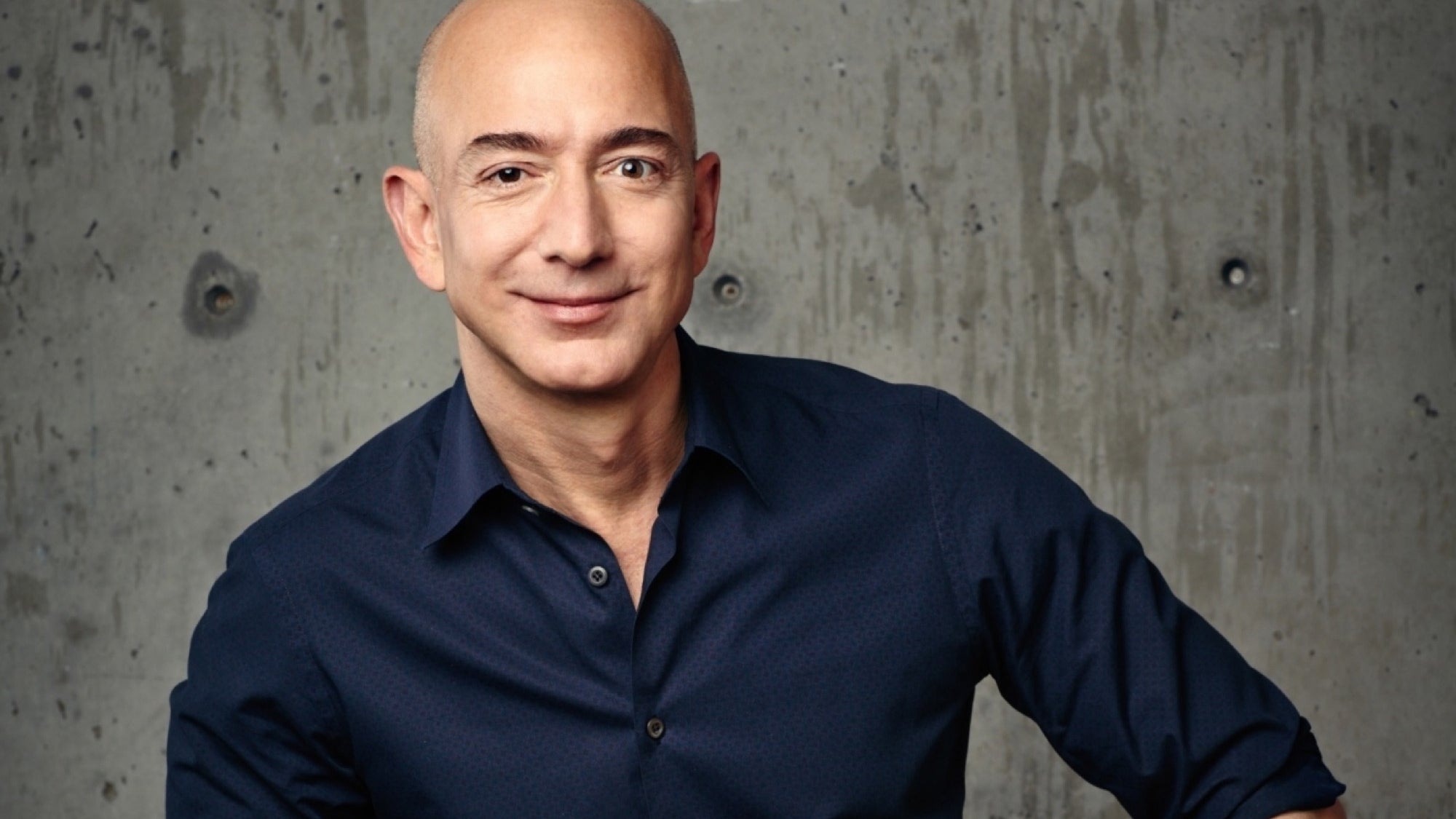Jeff Bezos, the founder of Amazon and one of the richest people in the world, wields immense power and influence both in the business world and beyond. Amazon’s dominance in e-commerce, cloud computing, and other industries has made Bezos a household name, but his influence extends far beyond the company he created. As Bezos expands his reach into media and space exploration, concerns about the concentration of power in his hands have grown.
Amazon’s vast empire has revolutionized the way people shop, but it has also raised questions about the company’s impact on competition, labor practices, and privacy. Bezos’s wealth has allowed him to expand into new industries, including the acquisition of The Washington Post and the founding of space exploration company Blue Origin. These ventures have further cemented his influence over both public discourse and the future of technology.
Critics argue that Bezos’s accumulation of wealth and power is emblematic of the broader issues of income inequality and corporate influence in politics. Amazon’s lobbying efforts and tax practices have come under scrutiny, with accusations that the company uses its influence to shape policy in ways that benefit its bottom line at the expense of workers and small businesses.
Bezos’s ownership of The Washington Post has also raised concerns about the potential for conflicts of interest between his business interests and the newspaper’s editorial decisions. While the Post maintains that its journalism is independent, critics argue that Bezos’s influence could shape the narrative in subtle ways.
As Bezos continues to expand his influence, the debate over the role of billionaires in shaping public policy and the future of society is likely to intensify. While his contributions to technology and innovation are undeniable, the concentration of power in the hands of a few wealthy individuals raises important questions about the future of democracy and capitalism.


